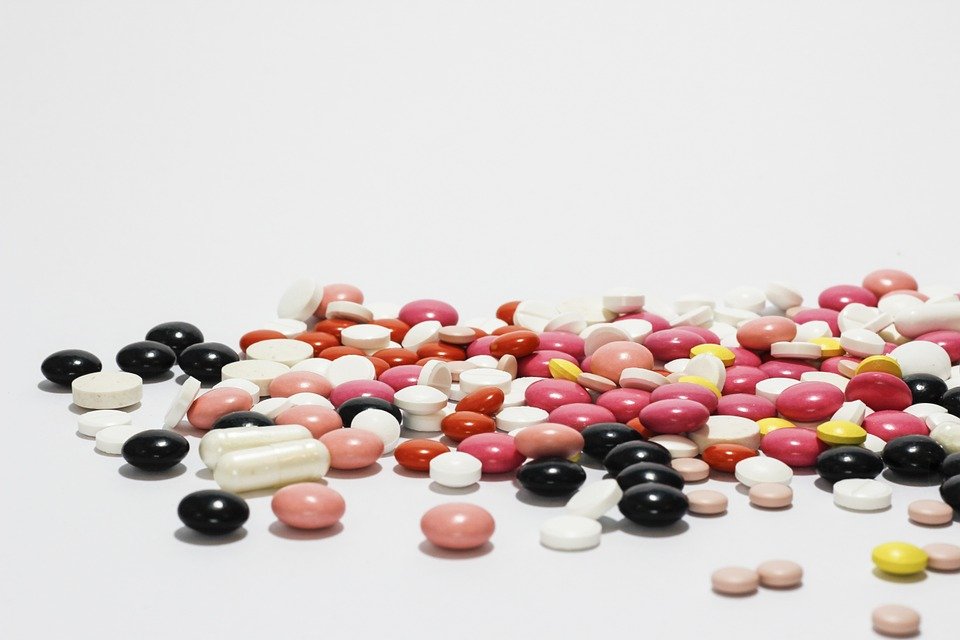The answer is the same whether your diet is plant based or otherwise.
Firstly, you need have blood tests to determine your nutritional levels. Go to your local doctor and ask, in addition to the routine tests (such as full blood count, electrolyte balance, thyroid, kidney and liver function), to test for Vitamin D, Zinc, Iron Studies, Magnesium, Calcium, Active B12, Folate, Fasting Cholesterol and Blood Sugar.
When you receive the results, look at how your results correspond with the “normal” reference range. If your levels lie close to the middle of the range, there is no need to supplement with this nutrient. If your levels lie outside the reference range or at an extreme end (high or low end) further investigation is advised. Such results may indicate a current or potential illness which may require vitamin supplementation.
However, the usefulness of supplements is also dependent on how deficient you are, what your diet is like and how well your body absorbs particular nutrients. These issues should be discussed with your health care professional, who can monitor your nutritional levels during period(s) of supplementation.
Without a medical illness proving otherwise, your diet should be able to provide the vitamins and minerals you require. However sometimes you may need a little boost from a supplement until your diet can maintain these optimal levels. The exception to this rule is B12 as this nutrient can be hard to come by. For more information on B12, go to B12 INFORMATION.
Generally speaking, different coloured foods provide different nutrients. Eating a wide variety of fruits, vegetables, legumes, nuts, seeds, lentils, beans etc from each colour of the rainbow daily will provide the broadest range of vitamins and minerals. The most nutritious food is organic and fresh, not frozen or canned. It holds more nutritional value if it is consumed raw, or cooked by lightly steaming, stir frying, stewing, or souping.
If you are eating a sufficient amount of nutrient rich foods and still find it hard to maintain optimal nutritional levels, it may be due to an absorption issue which should be investigated by a health care professional.
Have any questions about nutrition or health? Ask me by emailing [email protected]

